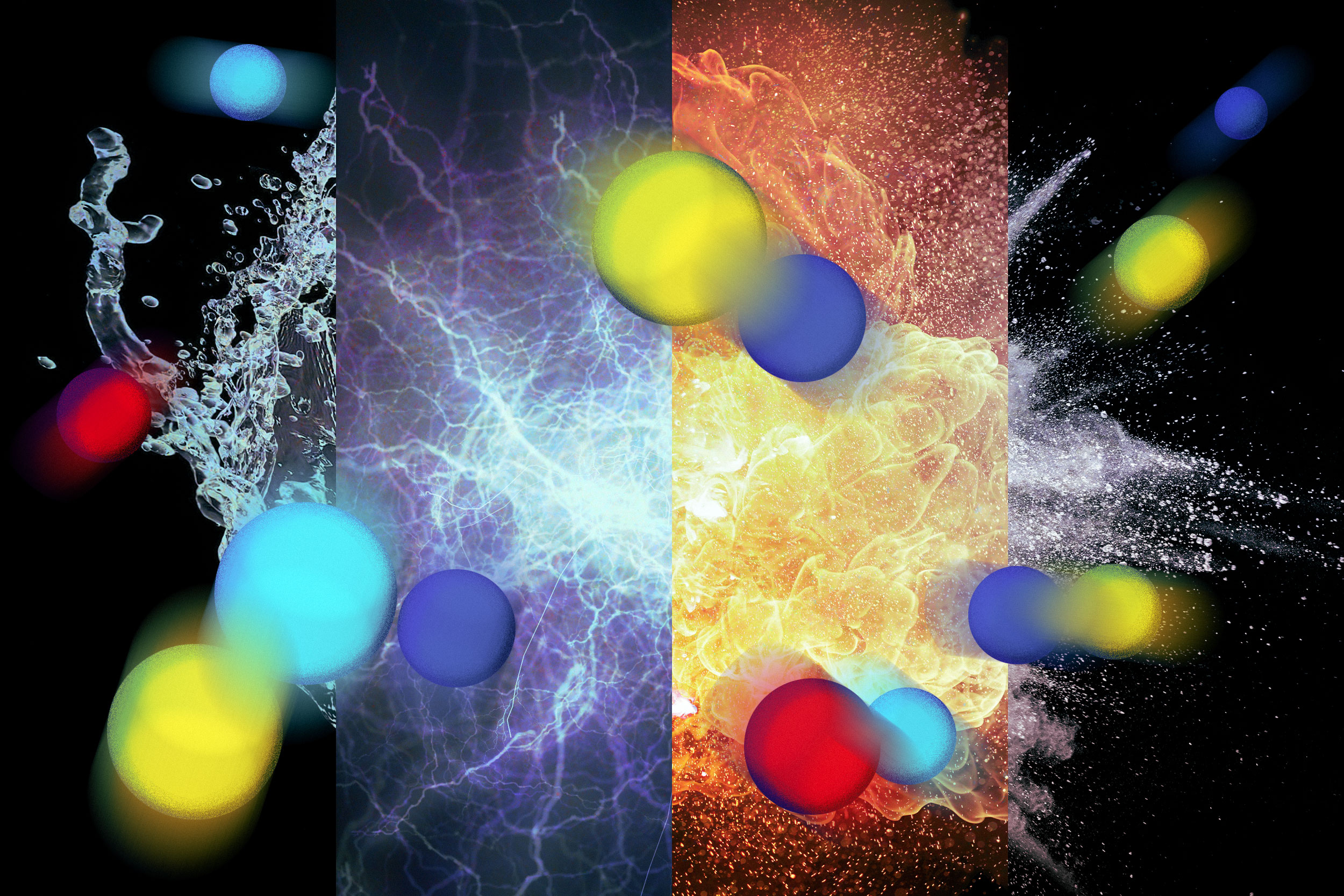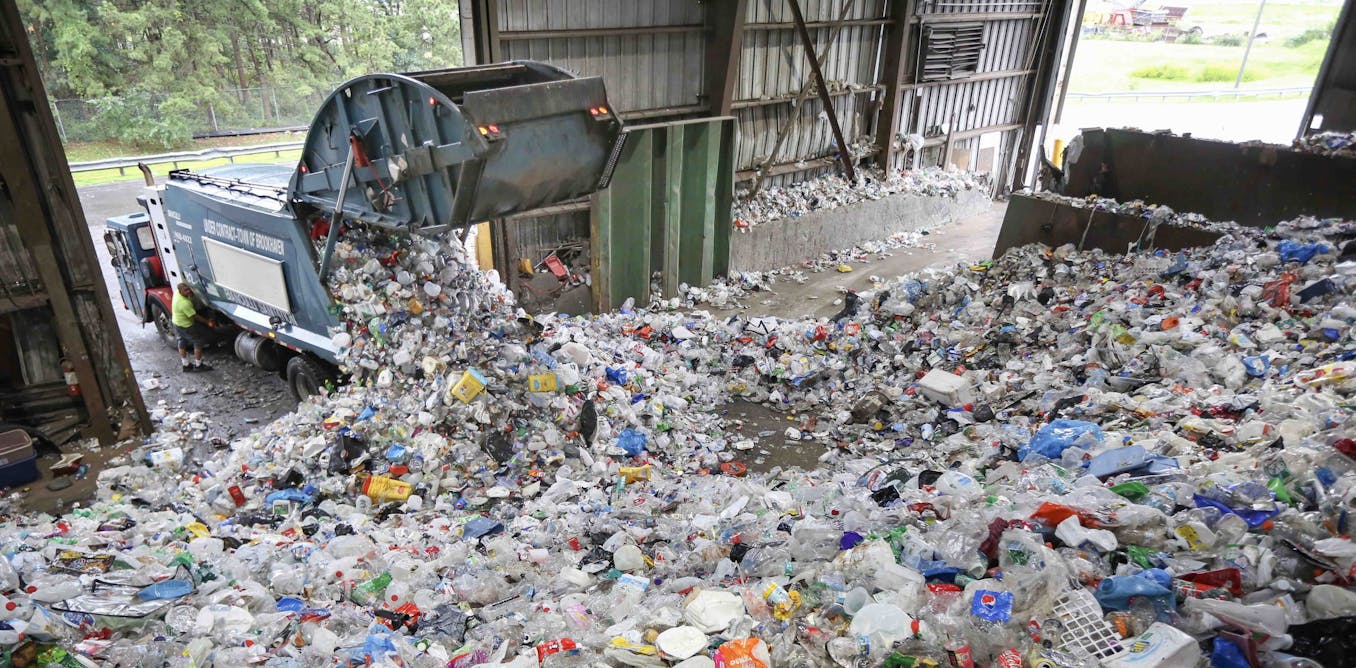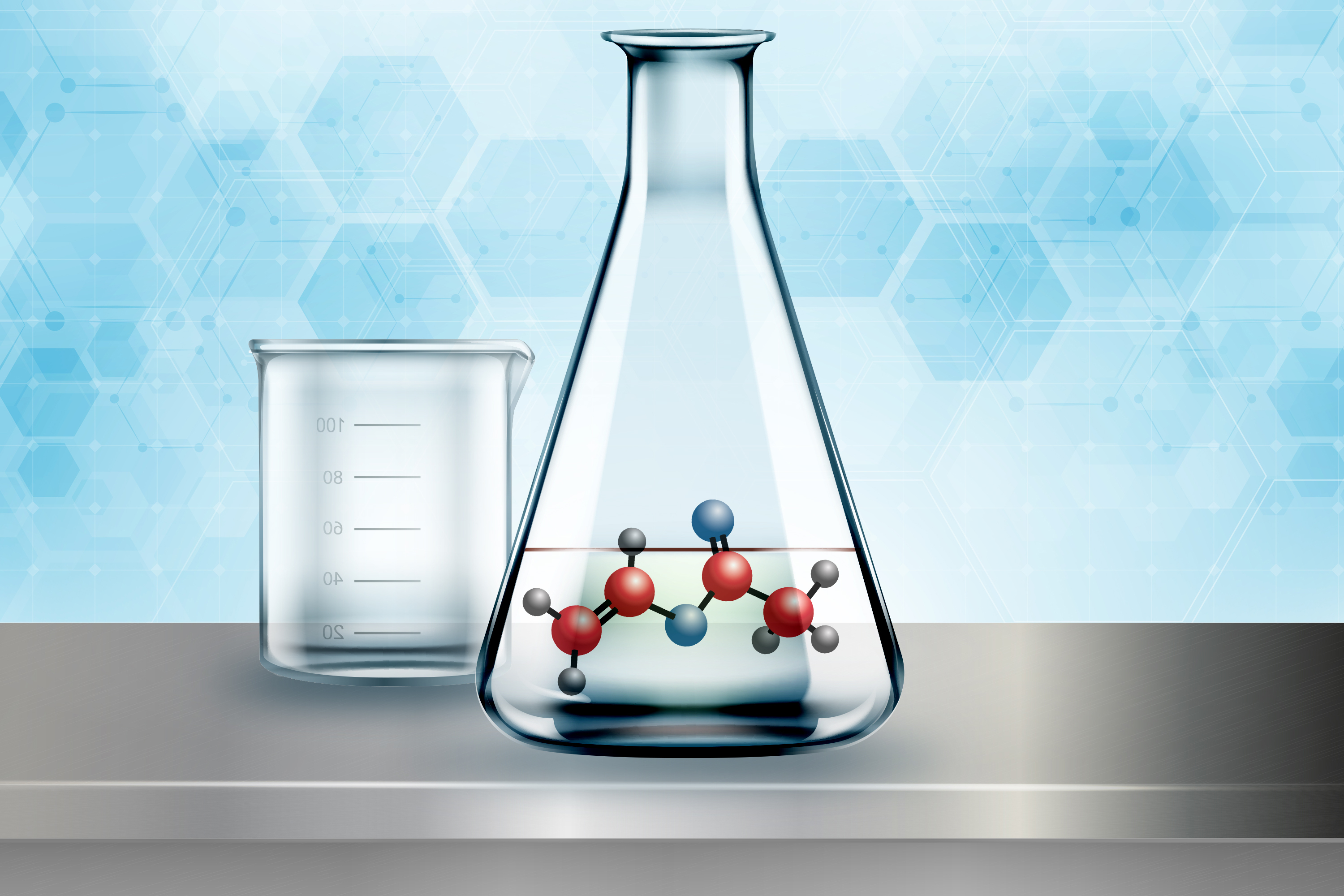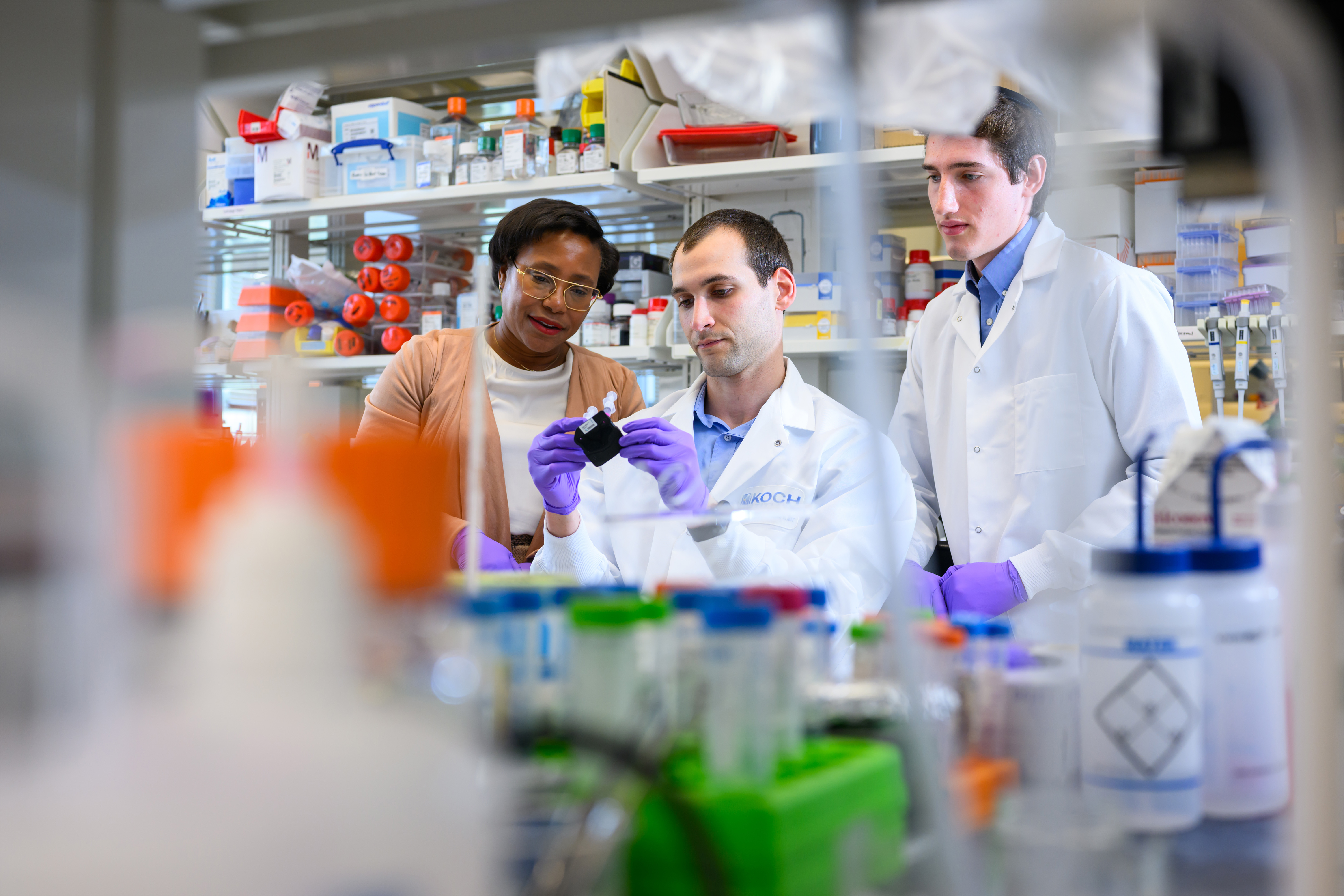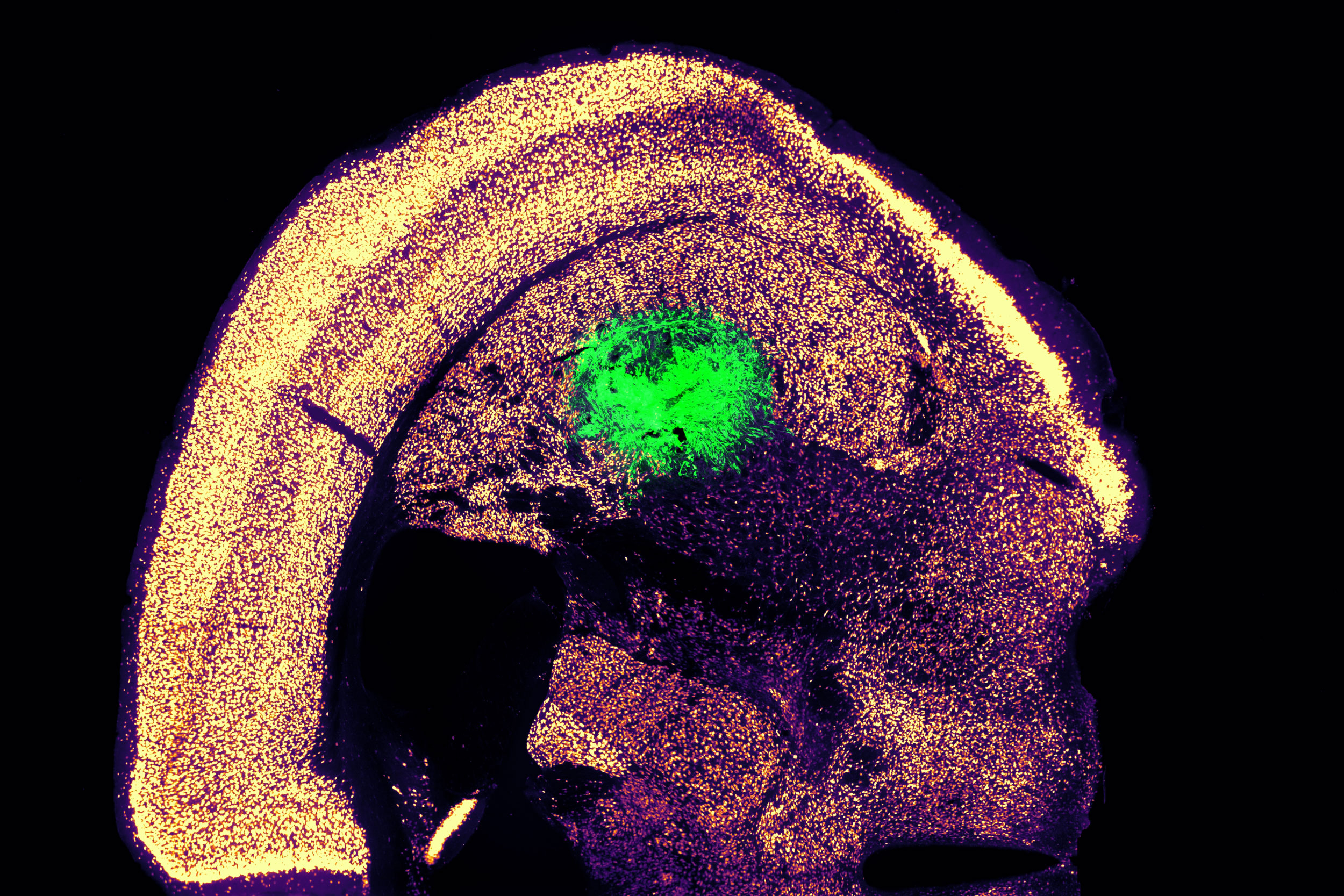Pollution scientist talks to freshwater ecologist who warned of Isle of Man toxic silt dumps
Despite achieving Unesco biosphere status on the basis of its marine reserves, hazardous chemical contaminants pollute the seas around the Isle of Man.
April 22, 2025 • ~20 min
Federal laws don’t ban rollbacks of environmental protection, but they don’t make it easy
Some restrictions prevent loosening of existing environmental standards for clean air and water. Other rules can be changed – though only through a challenging and multistep democratic process.
April 21, 2025 • ~10 min
How single-stream recycling works − your choices can make it better
Not all plastic is the same. Old yogurt cups and milk jugs, for example, don’t play well together when being turned into new materials. However, there are solutions.
April 16, 2025 • ~9 min
Using liquid air for grid-scale energy storage
New research finds liquid air energy storage could be the lowest-cost option for ensuring a continuous power supply on a future grid dominated by carbon-free but intermittent sources of electricity.
April 10, 2025 • ~13 min
How do researchers determine how toxic a chemical is? A toxicologist explains alternatives to animal testing
Thousands of chemicals in industry haven’t been thoroughly tested for their safety and toxicity. Researchers are working to standardize quicker, cheaper and more ethical methods to assess chemicals.
March 12, 2025 • ~10 min
/
61

